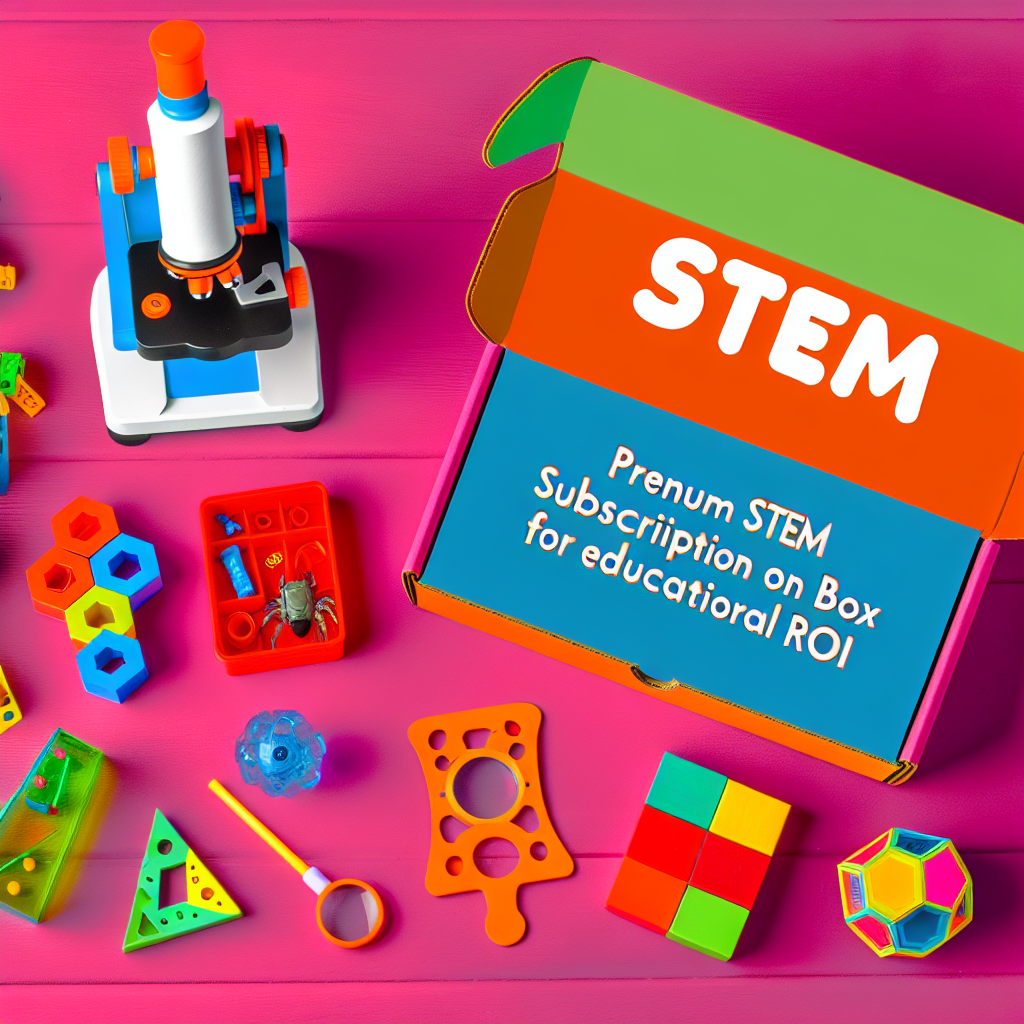According to Jean Piaget’s hypothesis, the preoperational stage is the second stage of cognitive development. Between the ages of 2 and 7 years, it occurs. During this stage, toddlers learn to represent things and events using symbols such as words and pictures.
They also become more rational in their reasoning, although their abstract thinking capacity remains limited.
Piaget classified the preoperational stage into two parts:
Symbolic function substage (2-4 years): Children gain the ability to employ symbols, such as words and images, to represent things and events throughout this substage. They also begin to engage in pretend play, which means real-world events using symbols.
Substage of intuitive mind (4-7 years): Children’s reasoning becomes more rational during this substage.
They begin to grasp the notion of conservation, which states that the amount of something remains constant even if it is relocated or changes in appearance. They also start to get the concept of reversibility or the idea that things may be undone.
Preoperational Stage Key Concepts
Many fundamental ideas are required to comprehend the preoperational stage. These are some examples:
Symbolic cognition is the ability to represent objects and events using symbols such as words and images. Pretend play is a play in which children use symbols to depict real-life situations. Conservation is the concept that the amount of something remains constant even when it is relocated or changes in appearance. Reversibility is the recognition that things may be undone.
Egocentrism is the propensity to perceive the world through one’s own eyes and to have trouble comprehending the perspectives of others. Centration is the propensity to concentrate on one component of a problem while ignoring other crucial features.
The Importance of the Preoperational Stage
The preoperational stage is an essential developmental stage since it is at this time that children lay the groundwork for subsequent cognitive capacities.
For example, symbolic cognition is necessary for developing language and abstract thinking.
Developing conservation and reversibility skills also provide the groundwork for future problem-solving abilities.
How to Aid the Preoperational Stage
Parents and caregivers may help with the preoperative stage in various ways. These are some examples:
Providing a stimulating environment includes allowing children to explore and engage with their surroundings. Toys, books, and other resources that inspire youngsters to utilize their imaginations and think creatively might be included.
Regular interaction with children includes talking to them, asking them questions, and playing with them. This aids in developing their linguistic skills, problem-solving abilities, and social skills.
Providing chances for children to engage in pretend play and utilize their imaginations to solve issues is one way to encourage them to use their imaginations.
Helping children comprehend other people’s viewpoints entails talking to them about different points of view and assisting them in seeing the world through the eyes of others.
Helping children overcome egocentrism and centralism entails giving them experiences that allow them to see the world through the eyes of others and to concentrate on numerous facets of a situation. The preoperational period of cognitive development is crucial. During this period, youngsters learn to utilize symbols, play pretend, and comprehend the principles of conservation and reversibility.
Parents and caregivers may aid children in the preoperative period by creating a stimulating environment, consistently engaging with them, and encouraging them to utilize their imaginations and resist egocentrism and centration.

Dominic E. is a passionate filmmaker navigating the exciting intersection of art and science. By day, he delves into the complexities of the human body as a full-time medical writer, meticulously translating intricate medical concepts into accessible and engaging narratives. By night, he explores the boundless realm of cinematic storytelling, crafting narratives that evoke emotion and challenge perspectives. Film Student and Full-time Medical Writer for ContentVendor.com




